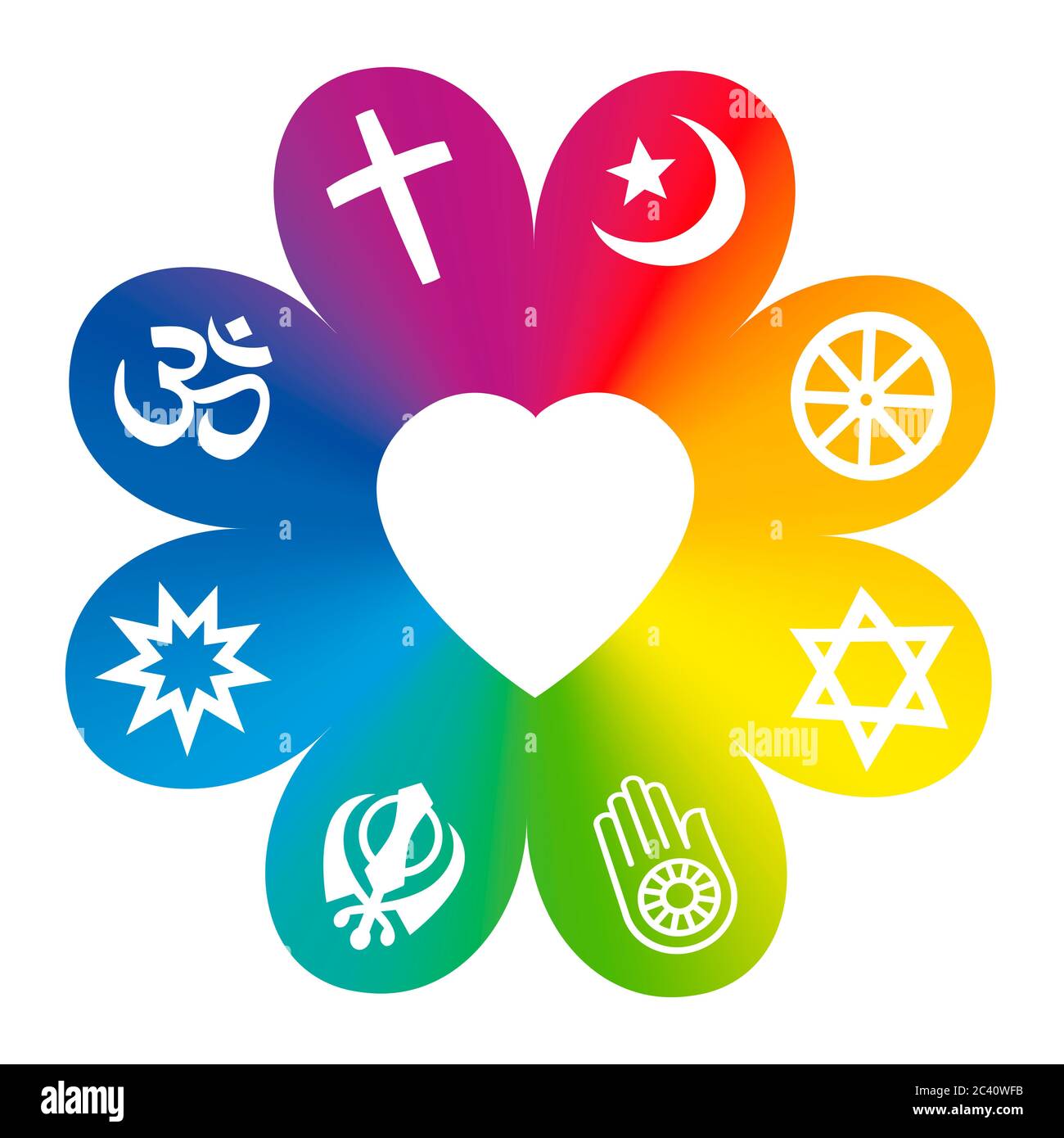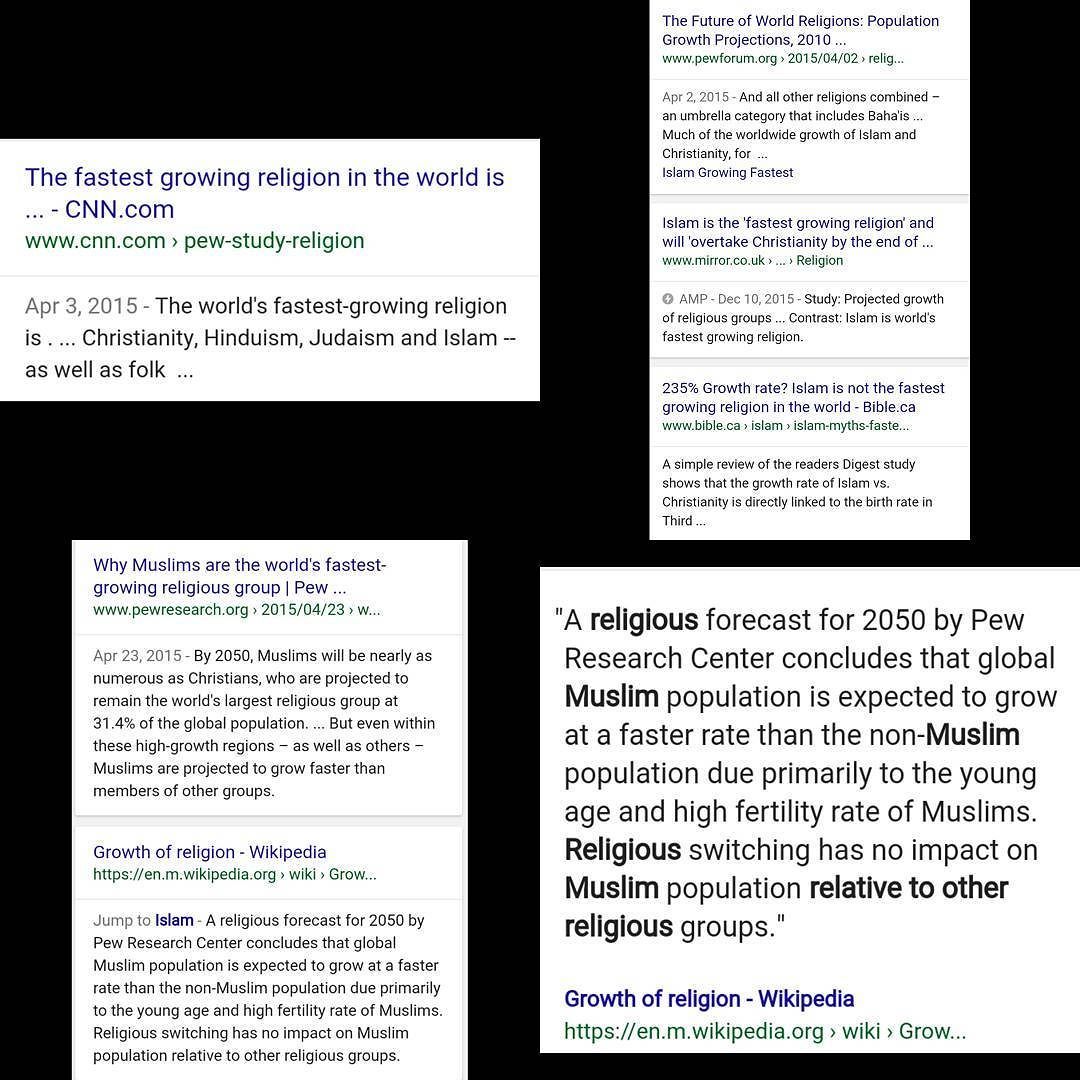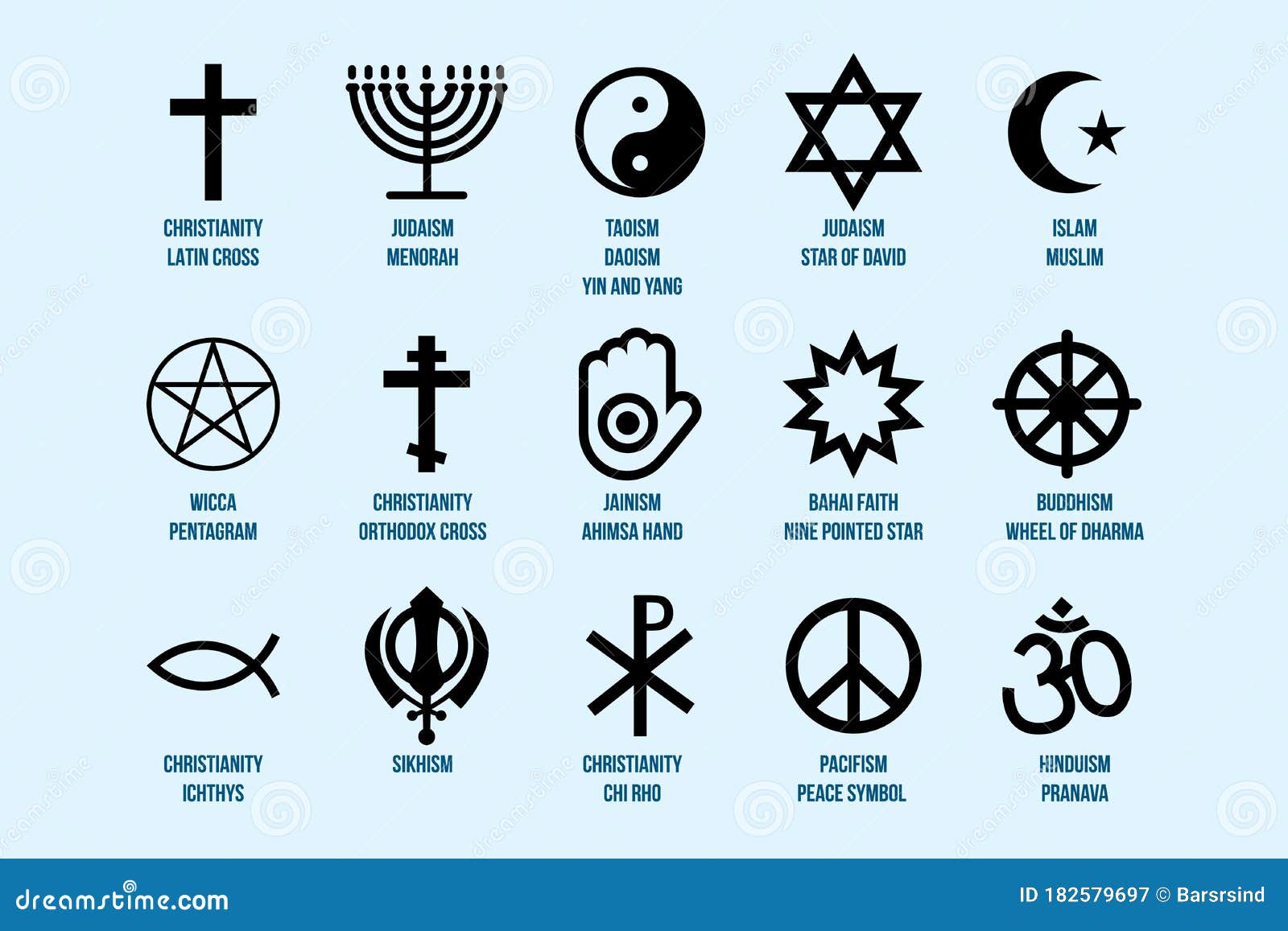Is Omnism a Religion? Guidance, Beliefs, and Practical Steps for Seekers
Introduction to Omnism
Omnism is a spiritual philosophy that recognizes and respects the truths found in all religions. Unlike traditional religions, which usually adhere to specific doctrines, omnism is characterized by the belief that every faith contains elements of universal truth. This approach encourages individuals to seek wisdom across religious boundaries and to forge a personal spiritual path based on these shared insights. [1] [2] [3]
Is Omnism a Religion?
While omnism centers around spirituality and the recognition of religious truth in all faiths, it is
not considered an organized religion
by most scholars and practitioners. Omnism lacks the formal structures typical of religions, such as churches, sacred texts, or prescribed rituals. Instead, it serves as a personal framework for spiritual exploration, allowing each omnist to interpret and practice their beliefs individually.
[4]
Omnists do not follow a set theology or dogma. There is no central authority or universally accepted creed. The movement is inclusive, open-minded, and often described as a form of transcendent thinking that values personal experience and the search for truth over institutionalized faith. [1] [4]

Source: pinterest.com
Core Principles and Beliefs of Omnism
At its core,
omnism
teaches that:
- All religions contain valuable insights and truths.
- No single religion holds the complete truth.
- Spiritual understanding is a personal journey, not dictated by dogma.
- Respect for diverse beliefs is essential for growth and harmony.
Some omnists may draw inspiration from monotheistic traditions, others from Eastern philosophies, and still others from indigenous or shamanic practices. The common thread is a willingness to learn from all faiths and integrate what resonates personally. [1]
How Omnism Differs from Other Religions
Unlike organized religions, which are defined by their doctrines, omnism is fluid and self-directed. Followers are not required to accept a particular set of beliefs or participate in specific rituals. Instead, omnists are encouraged to question, explore, and synthesize lessons from diverse spiritual sources. This pluralistic approach makes omnism distinct from both pluralism (which accepts the coexistence of different religions) and syncretism (which blends multiple faiths into one). [3]
For example, Unitarian Universalism is often cited as a community where omnist beliefs are embraced, though it is itself an organized religion with its own practices. Omnism, by contrast, is more often a personal philosophy or spiritual orientation. [3]
Practical Steps for Exploring Omnism
If you are interested in pursuing an omnist path, consider these steps:
-
Personal Reflection:
Begin by reflecting on your own spiritual beliefs, experiences, and questions. Identify what resonates with you from various traditions. -
Study Diverse Faiths:
Read books and articles about different religions. Seek out reliable sources, such as academic libraries, established religious organizations, and interfaith dialogue groups. Local libraries and university religious studies departments can be excellent starting points. -
Engage in Interfaith Dialogue:
Attend interfaith events, lectures, or online forums to learn from practitioners of other beliefs. Organizations like The Parliament of the World’s Religions offer opportunities for meaningful engagement. [3] -
Practice Spiritual Disciplines:
Experiment with practices such as meditation, prayer, or rituals from various traditions. Keep a journal to record insights and personal growth. -
Connect with Others:
While there are no formal omnist congregations, you can find like-minded individuals through social media groups, online forums, and interfaith organizations. -
Respect Boundaries:
Approach all faith traditions with respect, seeking understanding rather than appropriation.
There is no official membership process for omnism. You may identify as an omnist simply by embracing these principles and cultivating your own spiritual path. [4]
Common Challenges and Solutions
Challenge:
Lack of structure or community support.
Solution:
Participate in interfaith gatherings, join online omnist or pluralist groups, and seek mentorship from open-minded spiritual leaders.
Challenge:
Reconciling differences between conflicting doctrines.
Solution:
Focus on universal themes such as compassion, justice, and the search for meaning. Accept that not all beliefs must be harmonized; instead, value the diversity as a source of richness.
[1]
Challenge:
Finding credible resources.
Solution:
Use academic sources, established interfaith organizations, and recognized religious studies programs for accurate information. Always verify the credibility of websites and publications before relying on their content.

Source: goodreads.com
Alternative Approaches and Related Movements
Some seekers may find that pluralism, religious humanism, or Unitarian Universalism offers structured communities more in line with their needs. These movements provide organized gatherings and shared rituals while still embracing diversity. However, they are distinct from omnism, which remains a more informal and personal spiritual orientation. [3]
If you prefer a more formalized spiritual practice, consider visiting the official websites of Unitarian Universalist congregations or interfaith organizations. For a purely personal approach, continue to study, reflect, and connect with others independently.
How to Access Omnist Resources and Communities
Since omnism is not an organized religion, there are no official churches or governing bodies. To access resources and connect with others:
- Search for “omnist” or “pluralist” groups on major social media platforms and online forums.
- Explore interfaith organizations such as The Parliament of the World’s Religions. [3]
- Visit academic religious studies departments for scholarly resources.
- Read personal accounts and blogs from self-identified omnists for practical insight. [4]
If you wish to formally participate in interfaith events, use official organization websites and directories. For more information, you can search for “interfaith dialogue” or “spiritual pluralism” in your area.
Key Takeaways
Omnism is a spiritual belief system rather than a structured religion. It offers a flexible, inclusive approach to exploring religious truths and encourages respect for all faiths. There are no official membership requirements, rituals, or centralized authorities. Instead, omnism invites individuals to seek their own understanding and connect with others who share a similar outlook. [1] [4]
References
MORE FROM cheerdeal.com













